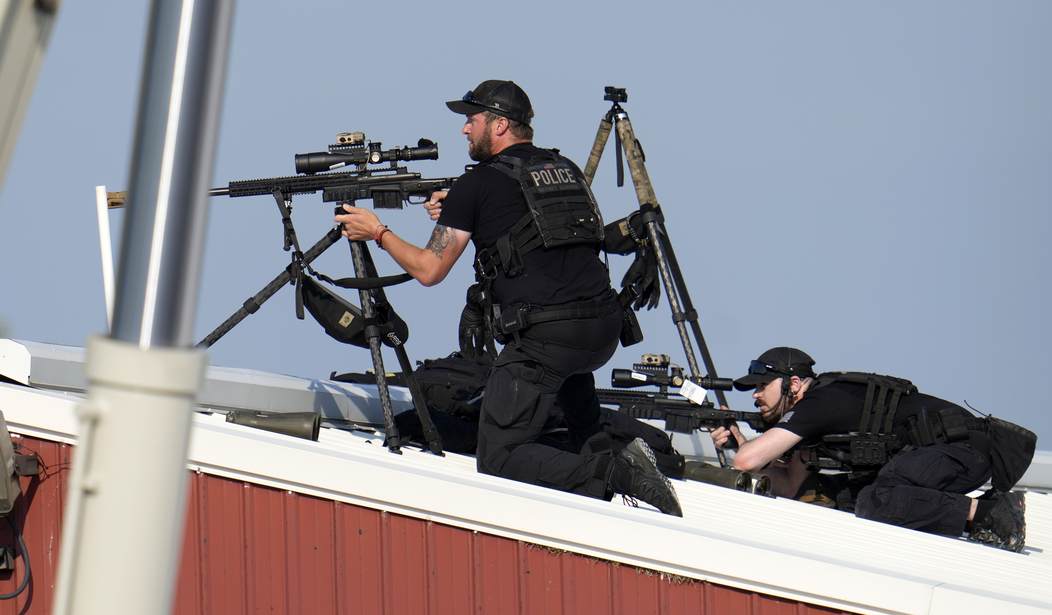Former President Donald Trump’s Butler, Pennsylvania, rally on July 13 marked the first time U.S. Secret Service counter snipers, including the one responsible for neutralizing would-be assassin Thomas Matthew Crooks, were assigned to a protectee other than the president, vice president, or a presidential candidate formally nominated by their party, according to a bipartisan report from the Senate Homeland Security and Governmental Affairs Committee.
The reason the counter snipers were assigned to the rally was due to “credible intelligence” of a threat, even though Crooks “was not known to the FBI prior to” the assassination attempt.
In his interview with the Committee, the USSS Assistant Director of OPO said this decision was based on several factors including the size and scale of the former President’s outdoor events, his being on the cusp of becoming the nominee, and threat information, at least some of which is classified. To date, the Committee has not been provided any additional detail related to the USSS’ decision in early July to send counter snipers to outdoor events going forward, aside from Assistant Director of OPO’s testimony provided during his transcribed interview. It appears that the addition of the USSS counter snipers to the security detail at the rally was a direct result of “credible intelligence.” However, only two of the USSS personnel the Committee has interviewed were made aware that there was a credible threat related to former President Trump prior to July 13, only one of whom was made aware of the classified information underlying the threat.
The USSS Lead Advance Agent told the Committee in a transcribed interview that the second supervisor of the Trump detail informed her about counter snipers assigned to the rally due to the “credible intel” but told her he could not discuss details. She then told the second supervisor to speak with the SAIC of the USSS Pittsburgh Field Office to discuss further but the information was never passed along. She told the Committee she informed the SAIC, but he disputed that claim. The SAIC told the Committee that the first he heard of the counter snipers attending the rally was in an email requesting lodging for them. Had the SAIC been informed of the potential threat, he may have pushed to move the rally indoors and/or possibly request more assets, he told the Committee.
Recommended
Despite being informed about the “credible intelligence” of a potential threat, the USSS Lead Advance Agent filled out a preliminary survey document stating in the intelligence section that “[a]t this time, no adverse intelligence has been developed concerning this visit. Any adverse intelligence that may arise will be passed on to all working supervisors.”
The Committee report also referenced the July 12 arrest of Asif Merchant, “a Pakistan national with ties to Iran, [for] plotting to commit murder-for-hire” of U.S. government officials, though the FBI told the Committee the arrest was not linked to the Trump assassination attempt. Requests from the Committee for more information and documents relating to this have not been answered.
This is highly suspicious. Secret Service HQ decides to send counter snipers for Trump rallies just before Butler due to “credible intel” — But didn’t tell the people responsible for securing J13 what the mystery threat was. pic.twitter.com/N1yCU5VPlg
— Liz Harrington (@realLizUSA) September 25, 2024
Despite the lack of communication about the "credible intelligence" of a potential threat, the decision to send the USSS counter snipers "potentially saved lives," the Committee noted.

























Join the conversation as a VIP Member